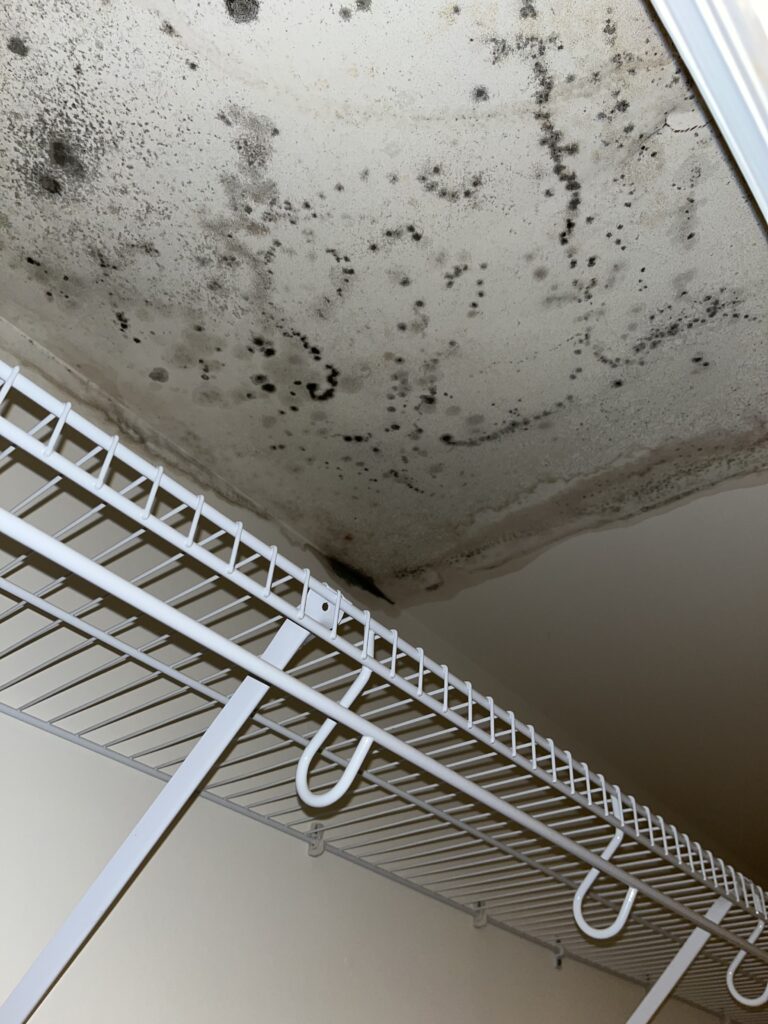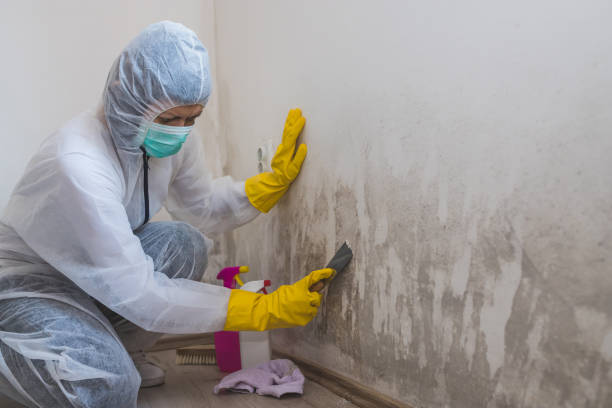
When purchasing a home, most buyers focus on the property’s location, size, price, and the condition of major systems like plumbing and electrical. However, one critical aspect that often goes overlooked is the presence of mold. Mold infestations can not only affect the air quality in a home but can also lead to costly repairs if left unaddressed. For homebuyers, a professional mold inspection is a crucial step in ensuring that your dream home doesn’t turn into a costly nightmare.
Why Mold Inspections Matter
Mold is a type of fungus that thrives in damp, dark environments, such as basements, crawl spaces, bathrooms, and areas with plumbing issues. Unfortunately, mold can go undetected for long periods, hiding in places that are not immediately visible during a casual walk-through. Mold spores are tiny and can spread quickly through the air, creating health hazards and potential structural damage.
Here are some of the reasons why a professional mold inspection is vital:
1. Health Concerns
Mold can trigger a range of health issues, especially for individuals with allergies, asthma, or weakened immune systems. Common symptoms of mold exposure include respiratory problems, coughing, wheezing, and skin irritation. In some cases, long-term mold exposure can lead to chronic health conditions. A professional mold inspector can identify the type of mold present in the home and assess whether it’s harmful to occupants.
2. Hidden Mold Growth
While some mold growth is visible, much of it may be hidden behind walls, under flooring, or in ventilation systems. A professional mold inspector uses specialized equipment to detect hidden mold that may be out of sight. Infrared cameras, moisture meters, and air quality testing devices help professionals locate mold that may not be immediately apparent to the untrained eye.
3. Preventing Costly Repairs
Mold can cause extensive damage to the structure of a home, including walls, floors, and ceilings. Over time, untreated mold growth can weaken the integrity of the building, resulting in expensive repairs. A professional mold inspection can catch mold issues early, potentially saving homebuyers thousands of dollars in repair costs down the road.
4. Peace of Mind
Purchasing a home is one of the largest investments most people will make in their lifetime. The last thing a homebuyer wants is to move into a property only to discover hidden mold issues after closing. A thorough mold inspection provides peace of mind, knowing that the property is safe and free from potential mold problems. If issues are found, you can use the inspection report to negotiate repairs or a price reduction with the seller.
5. Identifying Underlying Issues
Mold growth is often a symptom of larger problems, such as water leaks, poor ventilation, or high humidity. A mold inspection can help identify the root cause of mold, allowing you to address the underlying issue before it becomes a bigger, more expensive problem. For instance, if mold is found in the attic due to a leaky roof, fixing the roof before remediating the mold will prevent future growth.

What to Expect During a Professional Mold Inspection
A professional mold inspection typically includes the following steps:
- Visual Inspection: The inspector will walk through the home, looking for visible signs of mold, water damage, or areas prone to moisture.
- Moisture Assessment: Using specialized tools, the inspector will measure the moisture levels in walls, ceilings, floors, and other hidden areas. High moisture levels can indicate potential mold growth.
- Air Quality Testing: The inspector may take air samples to assess the concentration of mold spores in the air, which can help detect hidden mold and assess the severity of the issue.
- Surface Testing: In some cases, the inspector may take surface samples from visible mold growth or areas suspected of having mold to determine the type and extent of the infestation.
- Detailed Report: After the inspection, the inspector will provide a detailed report outlining the findings, including areas of concern, the severity of the mold issue, and recommended remediation steps if needed.
How to Choose a Professional Mold Inspector
When selecting a mold inspector, it’s important to choose someone with experience, certifications, and a reputation for thoroughness. Look for inspectors who are certified and insured, in order to ensure that the inspector has the proper training and adheres to industry standards.
Additionally, ask for referrals from trusted sources, such as your real estate agent, friends, or family. A good mold inspector will be transparent, provide a detailed report, and take the time to answer any questions you may have.

Don’t Overlook Mold
As a homebuyer, it’s essential to be proactive in identifying potential issues that could affect the health and safety of your new home. Mold is one of those hidden dangers that can lead to both health problems and significant financial strain if not addressed. By investing in a professional mold inspection, you’re protecting your health, your home, and your investment.
Remember, a mold inspection is a relatively small expense compared to the potential costs of mold remediation and home repairs. Make sure to prioritize this essential step in your home-buying process for the peace of mind you deserve.
